
TRIGGER POINT & FASCIA THERAPY WORKSHOPS
Aches and Pains That Just Won't Go Away? Join Us For One of Our Workshops!
Here, you will learn how to manage aches and pains with SIMPLE and LOW COST REHABILITATION TOOLS from the comfort of your home. As you know, the prolonged use of pain medication is unhealthy, often times unnecessary, and they usually neglects to address the real underlying causes of pain and discomfort. When so, patients feel desperate and hopeless as far as therapeutic options available to them and are left to continue taking medications for longer than expected periods of time, many times causing a dependency.
Our workshops cover the ins and outs of helping you to become proactive with what we consider to be a necessary first step when it comes to self-care of musculoskeletal pain, which is addressing SOFT TISSUE PROBLEMS! There are many in this regard, but starting with managing triggers points and fascial problems is a good first step!
You do not have to be an existing patient to attend. Everyone is WELCOMED!
When: Monday, Wednesday, or Thursday
Time: 12:30 pm or 6:00 pm
Cost: $65 per person. Limited to 7 people
Workshops are 90 minutes in duration.
Apply what you learn in these workshops to help with:
Neck Pain
Lower Back Pain
Headaches/ Migraines
Foot and Leg Pain
Elbow & Hand Pain
Muscle Spasms
Forward Head Posture
Lower Crossed Syndrome
Pelvic and Gluteal Pain
Plantar Fasciitis
Mid-Back Pain & Stiffness
Hip & Pelvic Pain
Calf pain and tightness
Tight Muscles & Spasms
Numbness and Tingling
Shoulder & Rotator Cuff Issues
Carpal Tunnel Syndrome
And dozens of other conditions that benefit!
INTERESTED?
Simply sign up below. Provide your full name and your TWO BEST DAY and TIME COMBINATIONS from those noted above and submit. Once so, staff will review the information and coordinate a date and time that works best for everyone!
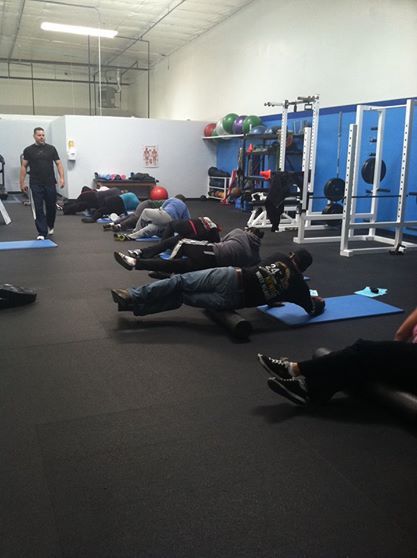
Provide your FULL NAME and your 2 BEST DAY / TIME combinations that are convenient.
(For example: FRANK SMITH – Mon 12:30 or Thurs 6 pm).
We value your privacy and would never spam you.

Workshops Include:
-
1
Two Available Modules (paid separately)
Module #1 is an Introduction to trigger point and fascia therapy and what we call "The BIG 4"(THIS MODULE IS MANDATORY PRIOR TO ATTENDING MODULE 2). Here we cover an overview of the specific structures, their role in pain patterns, and learn to treat tissues around the neck, thoracic spine, lumbar spine, and pelvis/glutes. Module #2 is great for everyone as well, but is especially for athletes, those involved in repetitive physical labor, or when you have a specific related problem to an upper or lower extremity. Here we cover the tissues surrounding the torso, shoulders, legs, feet, knees and others.
-
2
A Systematic Approach on Why, When, and How to Treat Trigger-Points & Muscle Issues
Most people who have dabbled in using rehab tools for self-therapy simply do not have a complete system that they can follow to actually experience significant benefits from what they do. We can help! This class covers the A - Z's of everything related to teaching you the fundamental of self-care.
-
3
We Help You Create a "BODY MAP"
During class, every participant will identify their problem areas and document them on a BODY MAP that pinpoints the area and rates it for pain. This map is taken homed and used as a guideline for self-therapy. Our office will also make a copy of this and use if for future reference should we ever see you as a patient. Doing so makes our therapy more effective.
-
4
10% Discount on All Self-Therapy Supplies
Don't yet have any self-therapy tools yet? Do not worry! All who attend our workshop will also receive a 10% discount on any and all supplies purchased!
-
5
Most Importantly.....LEARN TO CONTROL AND RELIEVE YOUR OWN PAIN!
In our office, patients who experience the best results are those who are proactive in self-care performed at home in between office sessions. Of the recommendations we give, what we teach in this class is one of the MOST IMPORTANT! We hope to see you at our workshop! Get ready to learn!
** In order for us to provide the best personal attention to every attendee, class is limited to 7 people . To reserve a space, simply enter your name and email. Staff will contact you with a date and time for the workshop. Your workshop fee will be required to reserve a spot. Given the limited space of these workshops and the time it takes us to prepare for it, no refunds for cancellations will be issued. ***
PICTURE GALLERY
MEDICAL QUOTES NOTED BELOW WERE GATHERERED FROM A VARIETY OF RESEARCHERS AND DOCTORS CURRENTLY STUDYING THE TOPIC. PLEASE TAKE THE TIME TO READ THEM!
"Across all fields of health care, TRIGGER POINT THERAPY is a missing piece in the treatment of pain. It should be taught to student practitioners in all fields. Self-treatment, in particular, should be taught in schools as the foundation for understanding and successfully treating trigger points. When you can find a specific trigger point in your own body, it improves your palpation skills for finding it on another body. Self-treatment also acts to validate the profound effectiveness of trigger point therapy".
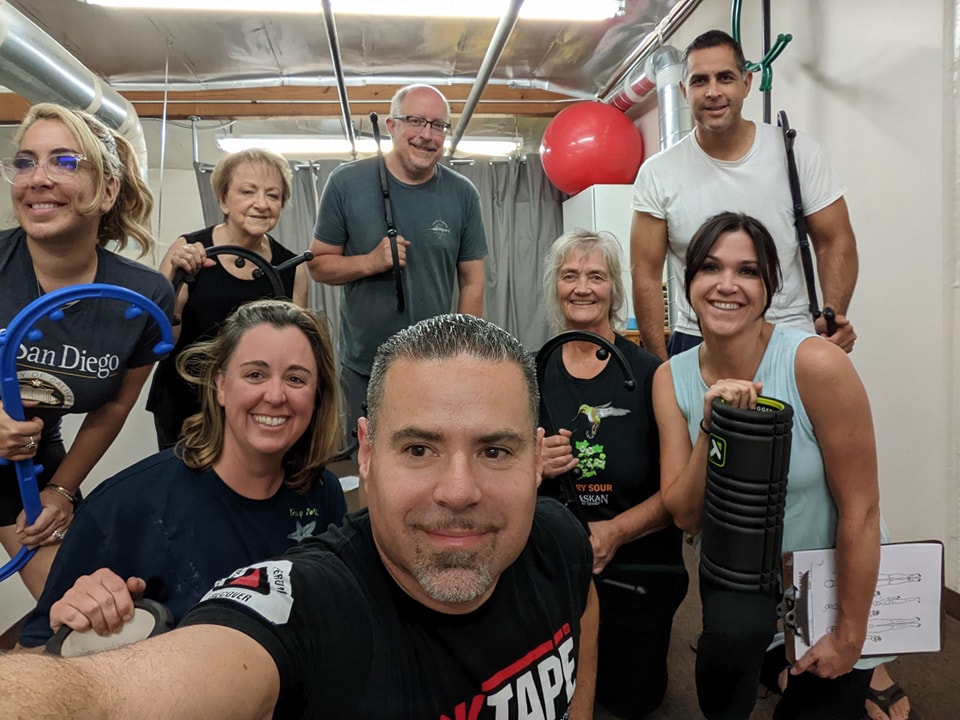
"Doctors who specialize in the treatment of myofascial pain have found that muscle pain contributes to pain 75 percent of the time. Trigger points nearly always contribute to pain problems, even when the pain results from disease or trauma."
"Referred myofascial pain can be as intense and intolerable as pain from any other cause. It should be noted that the pain level depends more on the degree of peripheral and central sensitization than the size of the muscle. TRIGGER POINTS IN THE TINIEST MUSCLE CAN CRIPPLE YOU WITH PAIN!"

"Trigger points emit distinctive electrical signals that can be measured by sensitive electronic equipment. Trigger points have been photographed in live muscle tissue with the aid of electron microscope".
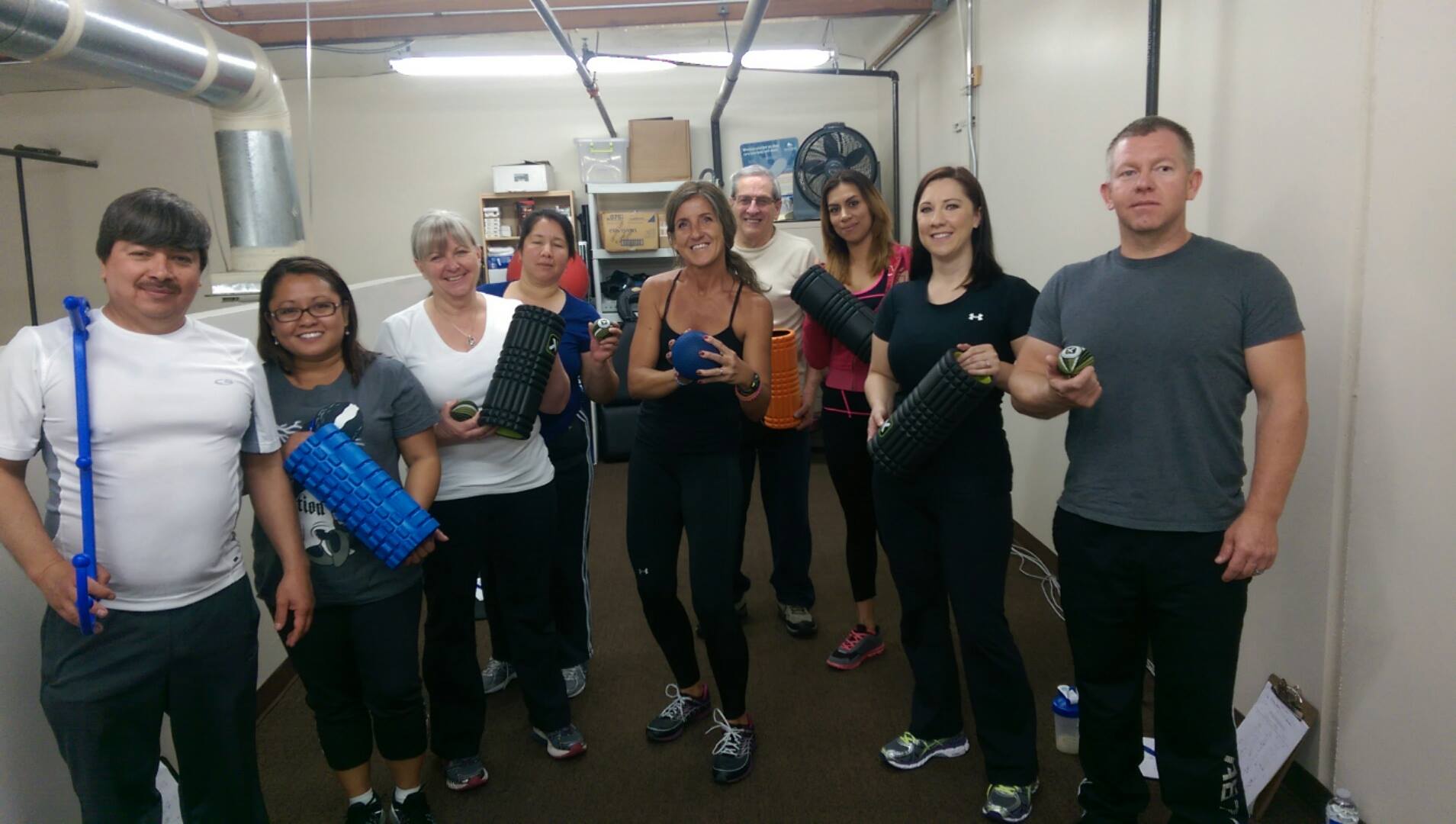
"Trigger points are often hidden and the unsuspected cause of many headaches, no matter what name they're given: tension headaches, cervicogenic headaches, cluster headaches, vascular headaches, or migraines. Many recognized "headache triggers" actually have their effect by cranking up your latent (dormant) trigger points. A bad couch can do it; so can a viral infection, a hangover, overexertion, analgesic rebound, and consumption of to much sugar. Trigger points are one of the operational elements in headaches set off by allergic reactions, chemical withdrawal, physical trauma, and emotional tension. Even the frustrating, unexplainable headaches that come with fibromyalgia can be shown to be due to the presence of trigger points".
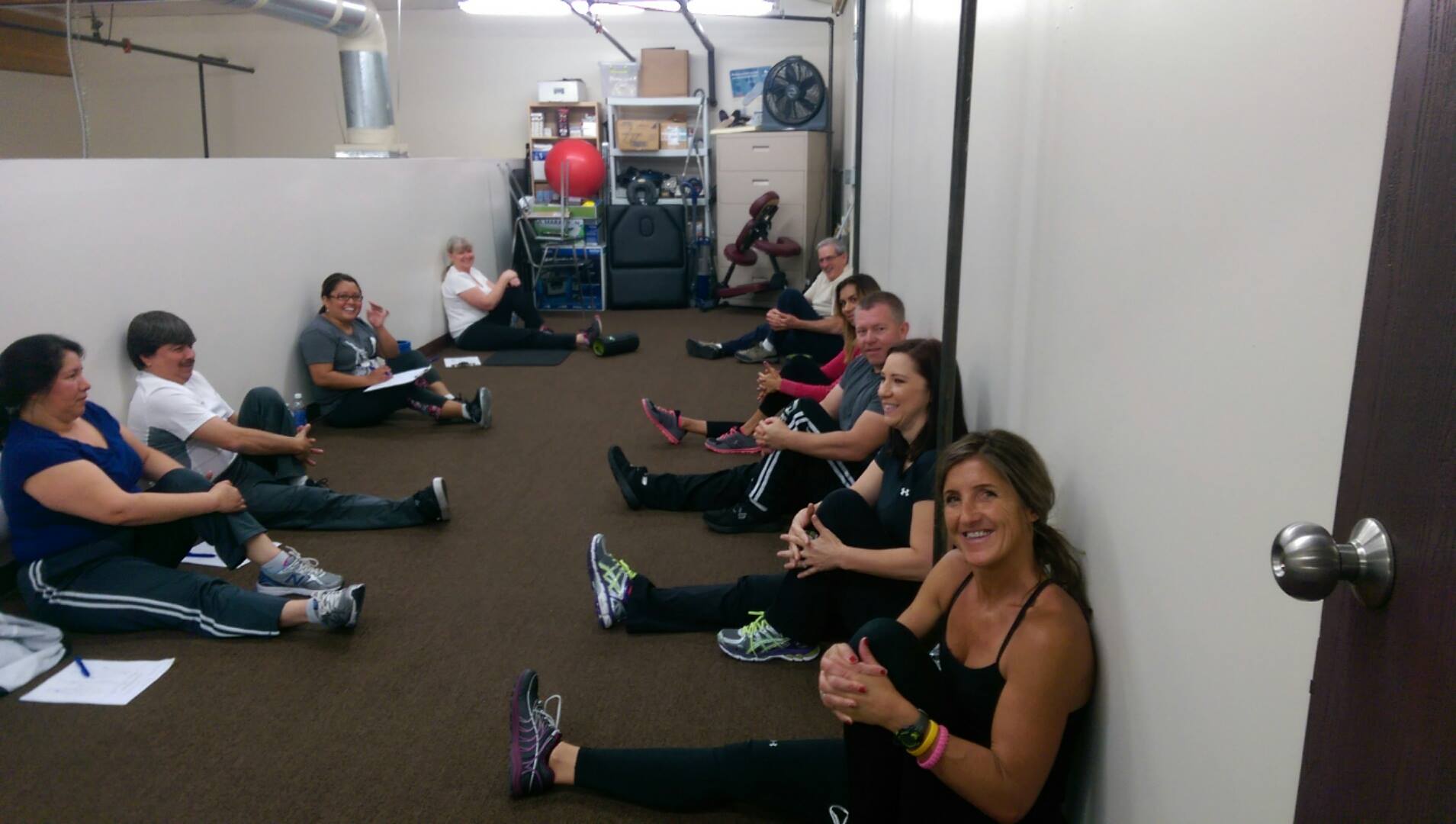
"Fascia is a body-wide communication network. Your fascia sends every part of your body constant information about your position, your movements, and your internal milieu. Your fascia contains 10 times more sensory nerve endings than your muscles, making it one of the body's most power sensory organs. This explains why problems in the fascia are often the REAL cause of pain".

"In fact, there's reason to believe that trigger points can be the root cause of many spinal problems because of the muscle tension they maintain. Short, tight muscles can displace vertebrae and cause compression of nerves and discs. When investigative back pain, trigger points should be at the top of the list".
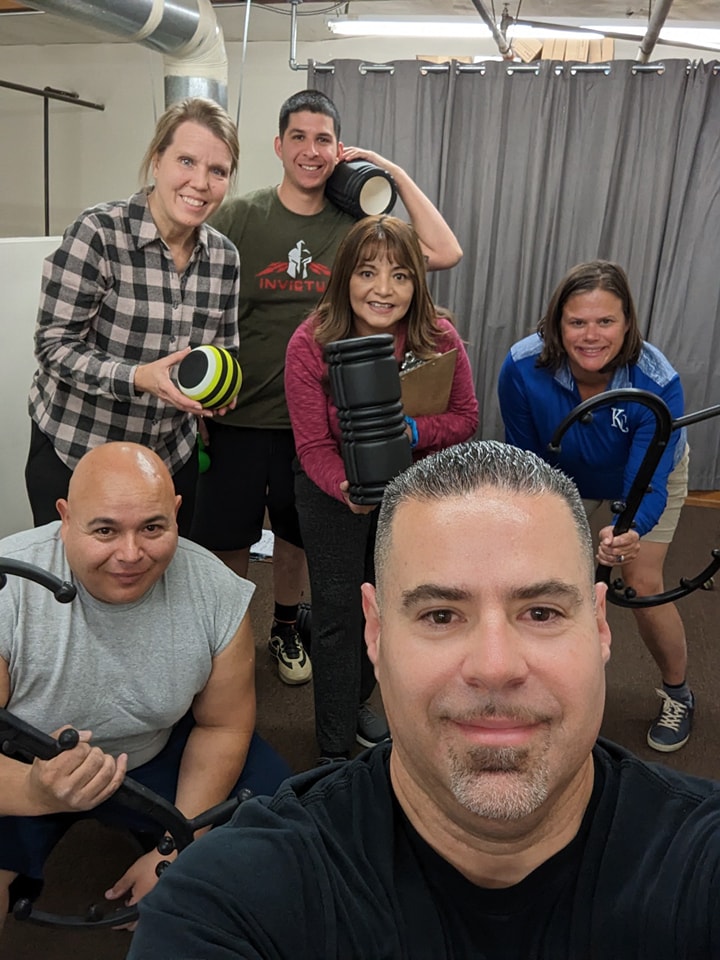
"Osteoarthritis is given the credit for much back pain, especially when it shows up on X-rays. The problem with a medical diagnosis of arthritis is that it shuts off all further inquiry and leaves you with pain killers as your only solution - and they are a poor solution to pain when trigger points are the cause. It is very possible for chronic back pain to be banished by trigger point therapy, EVEN in the presence of true arthritis. It's a fact that osteoarthritis doesn't always cause pain. Active TRIGGER POINTS ALWAYS DO!"
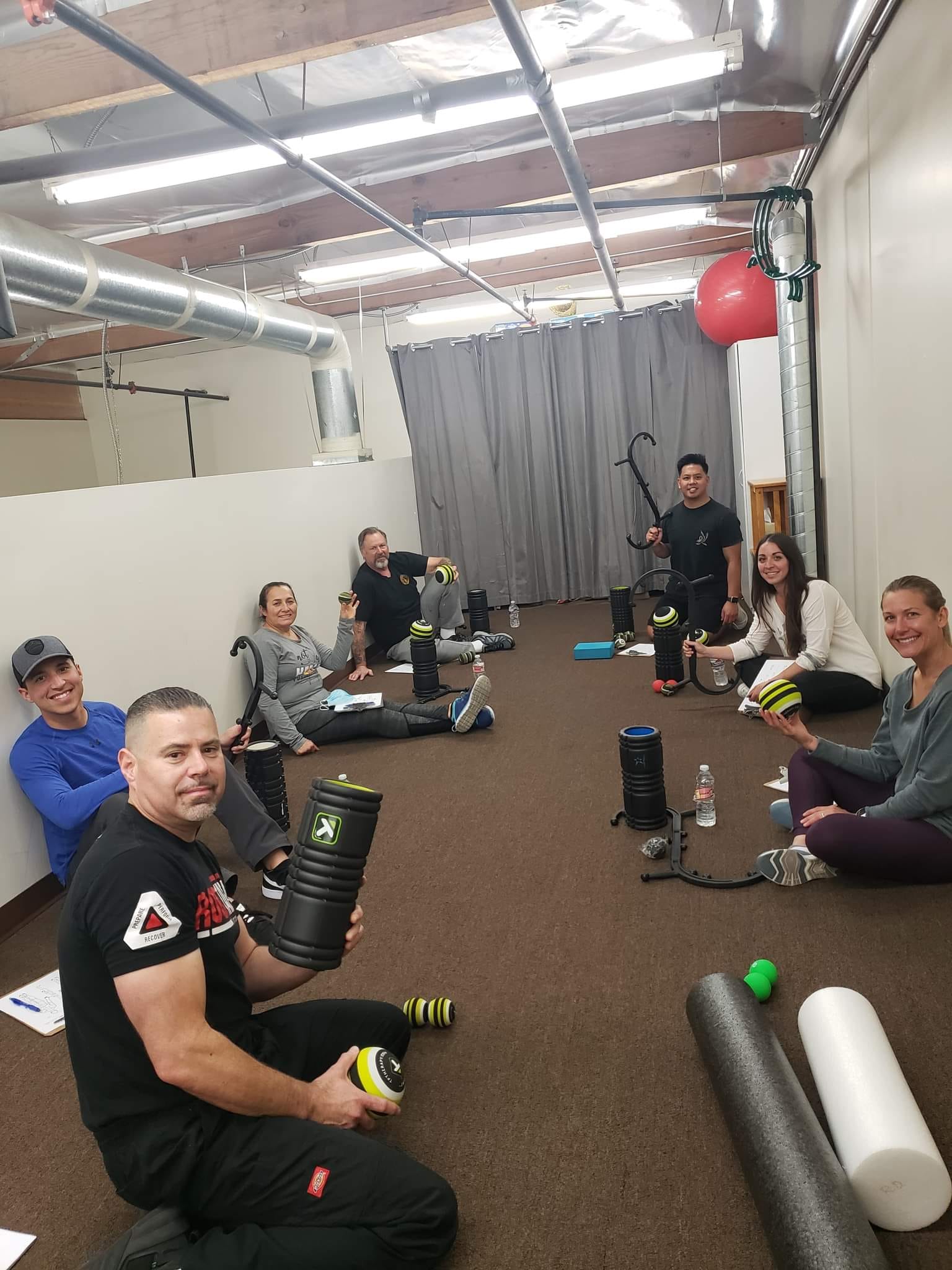
"Trigger points in lower leg muscles also produce most ankle pain. Pain in the front of the ankle almost always comes from the shin muscles. Pain around the Achilles tendon in the back of the ankle is usually from calf muscles. A sprained ankle is sometimes nothing more serious than referred pain from trigger points in the peroneus muscles of the other side of the lower leg"
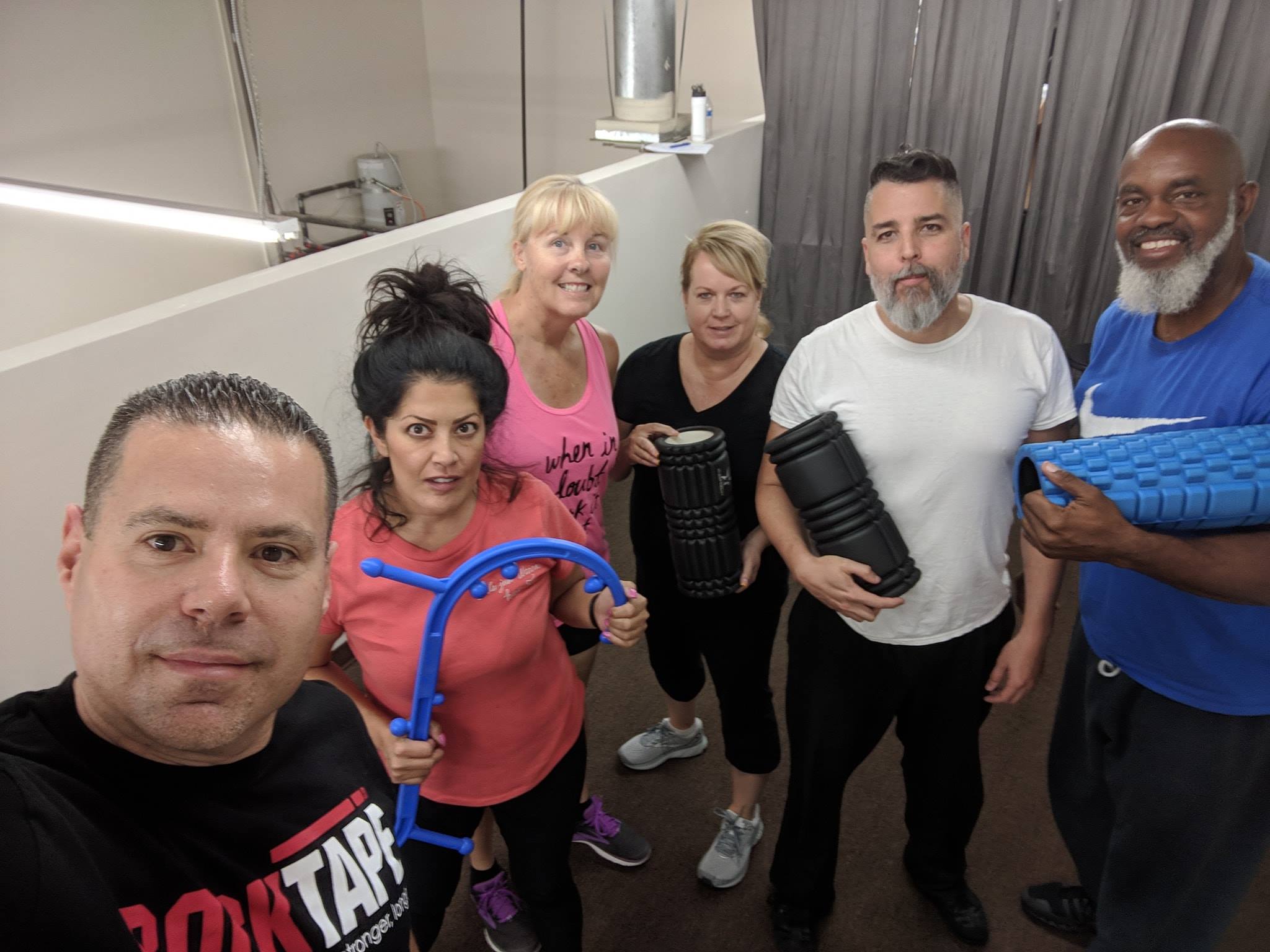
"Trigger points in the rotator cuff muscles cause a major portion of pain in the shoulders, along with clicks and grinding noises and loss of mobility. They're indirectly responsible for physical deterioration of the shoulder joint and can predispose it to serious physical injury, including rotator cuff tears and dislocations".
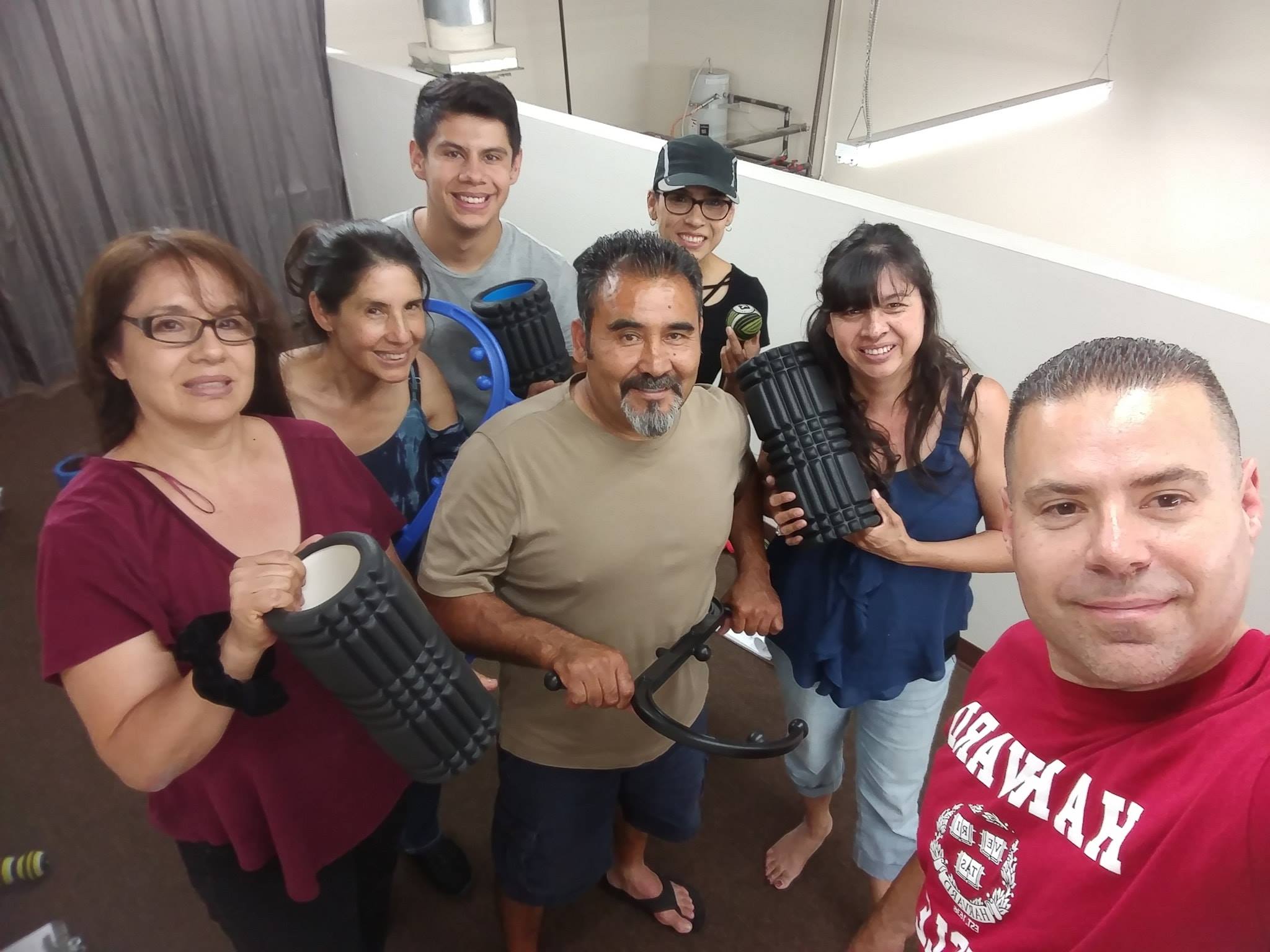
"Although the scalenes are neck muscles, their trigger points cause a surprising amount of pain in the upper back, shoulders, and upper arm. Scale trigger points also contribute significantly to pain and other symptoms in the forearm and hand. The scalenes are so important that they should always come first in troubleshooting pain in all these areas".
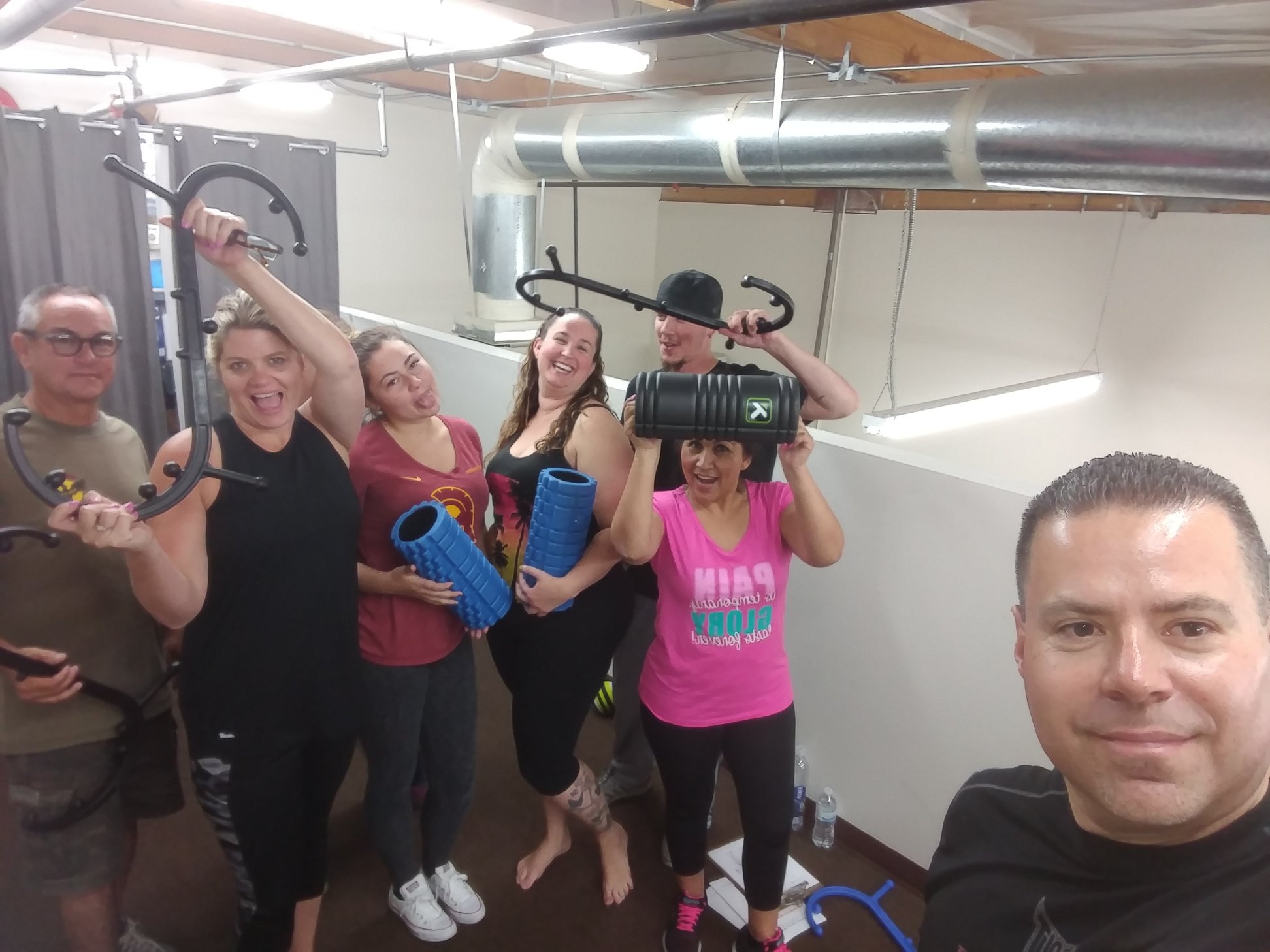
"Surprisingly, trigger points in the buttocks muscles are a frequent cause of low back pain. The reverse is also true: trigger points in the low back often refer pain down to the buttocks and hips. In addition, trigger points in the abdominals and psoas muscles can send pain to the back, though they're easily overlooked."
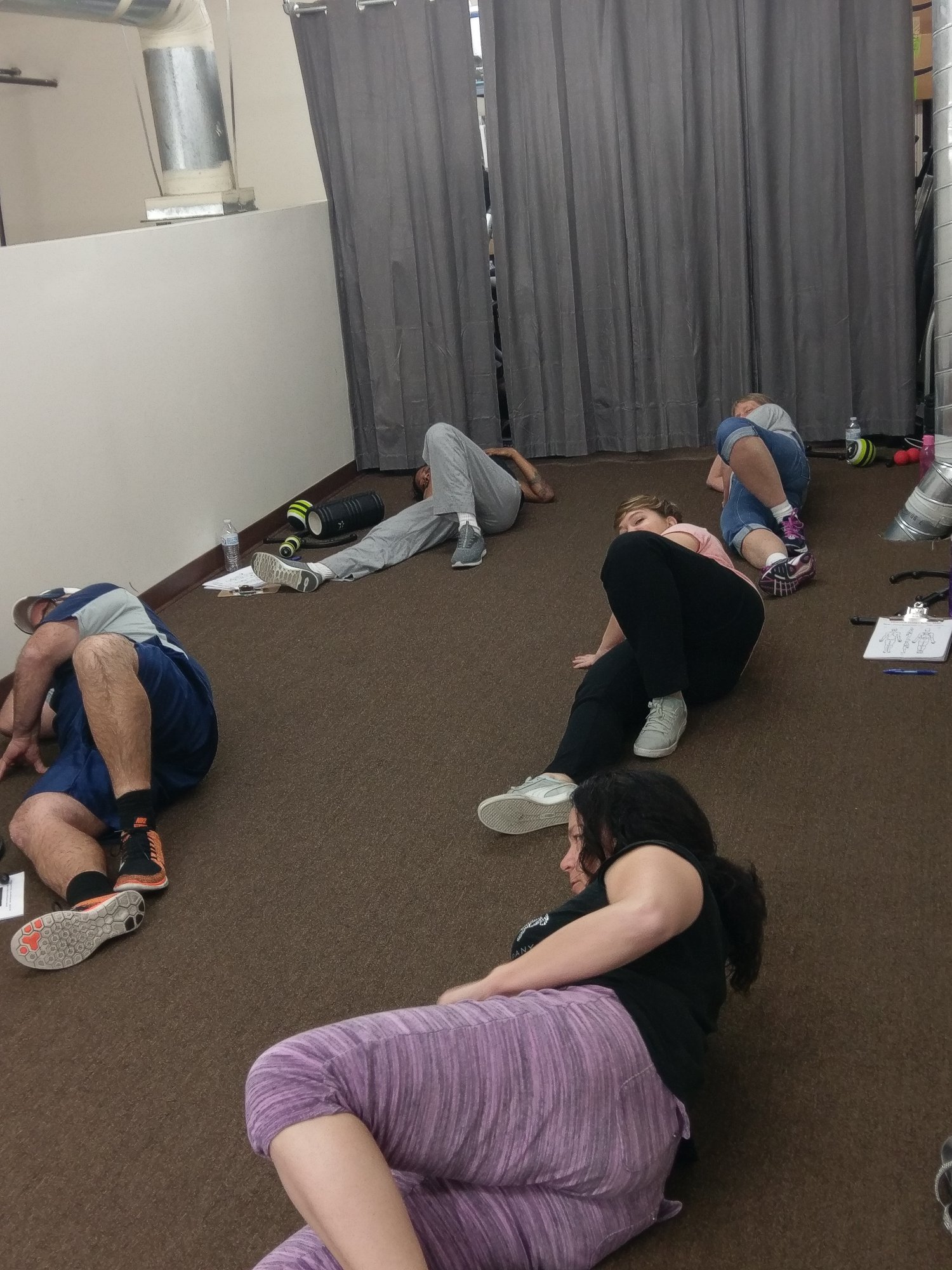
"Most headaches come from TRIGGER POINTS in the jaw, neck and upper back muscles. Upper back muscles cause neck pain, and then neck muscles cause headaches. This physical distance between cause and effect is why headaches can be so mysterious and hard to deal with".
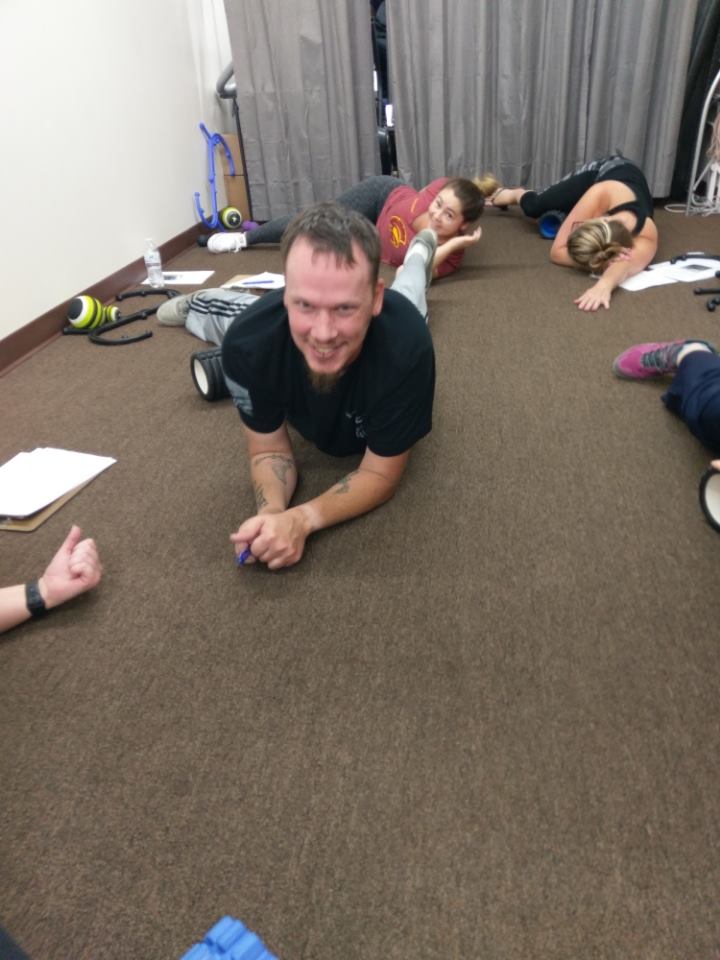
"Increased fascial stress or fascial adhesions can eventually lead to an increase load on musculoskeletal structure and poor posture. What we can conclude from this is that without fascia our bodies could not be stabilized and could not move. This is why a fascial dysfunction inevitably leads to disorders in the musculoskeletal system".
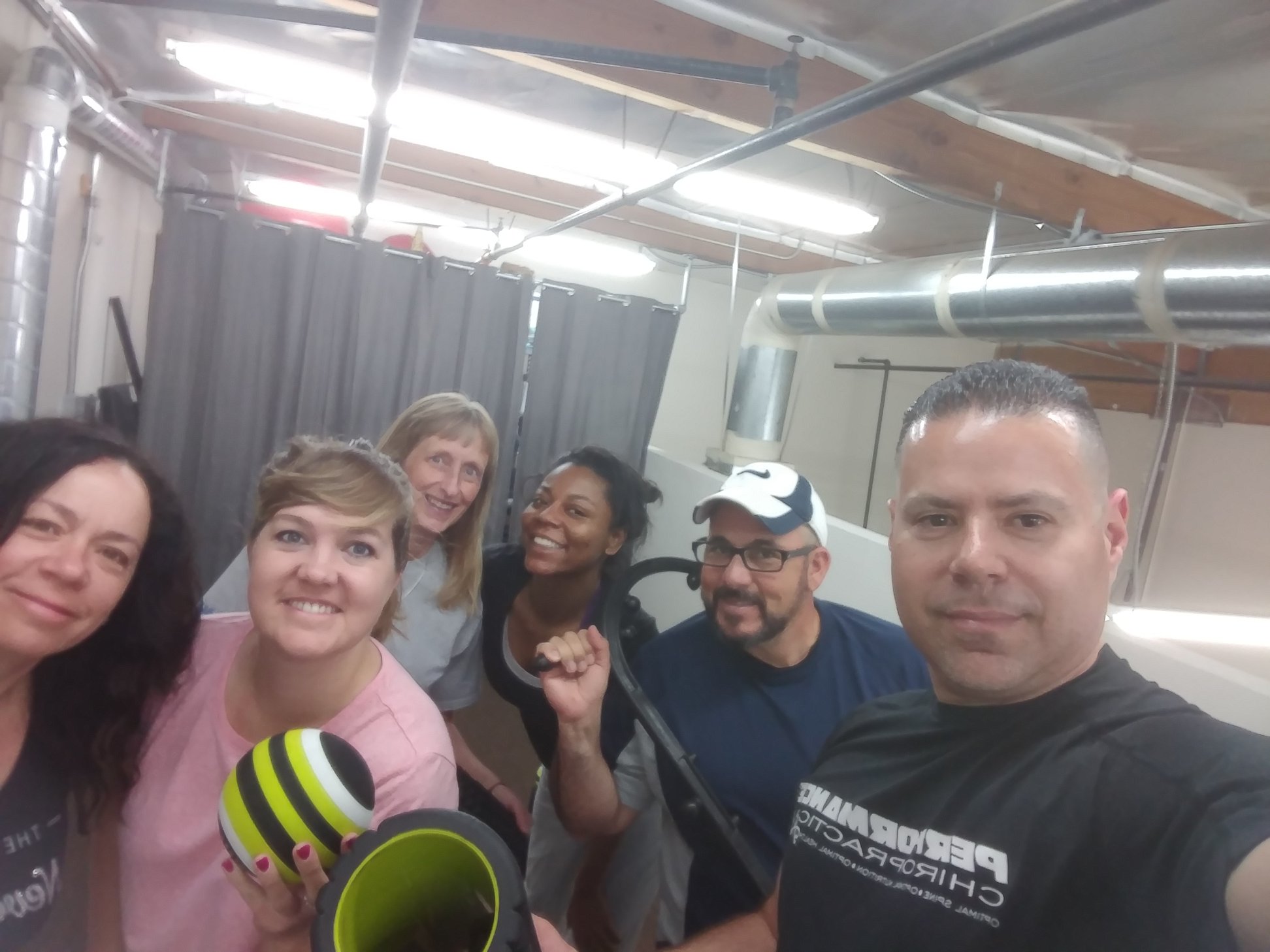
"In addition to pain and other sensory symptoms, trigger points typically disturb the physical functioning of muscles. This can show up as weakness; for example, the vastus medialis (muscle on the inside of the knee) sends pain to the knee and can also make the knee give away unexpectedly. Weakness caused by trigger points in the muscles of the tibialis anterior (front of the shin) can cause you to trip and stumble. This kind of weakness doesn't involve true atrophy, so exercise isn't appropriate. Strength will return quickly when the trigger points have been deactivated".
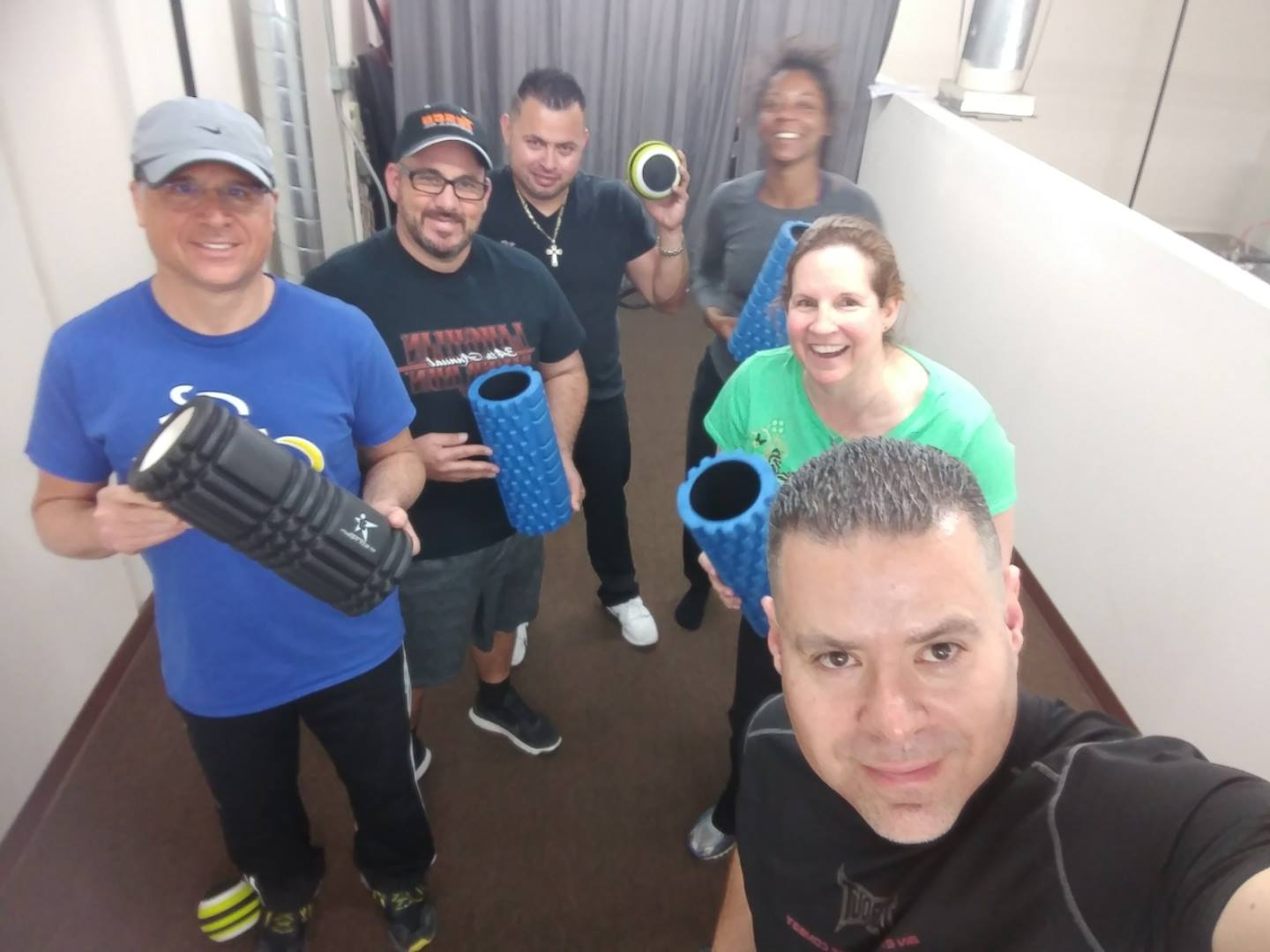
"Stiffness or tightness in the back is a sign of latent trigger points in the back muscles, even when you're not presently having pain. Latent trigger points should be taken seriously because they're an indication that you're verging on trouble. Any little additional stress can quickly turn a latent trigger point into an active one. Trigger points that keep muscles on one of the back contracted can cause scoliosis curves. Muscle tension maintained by trigger points can also pull the sacroiliac joint out of place, keeping the pelvis twisted or cocked. When tight superficial spinal muscles squeeze the sensory nerves, the skin on your back may be hypersensitive or have patches of numbness".
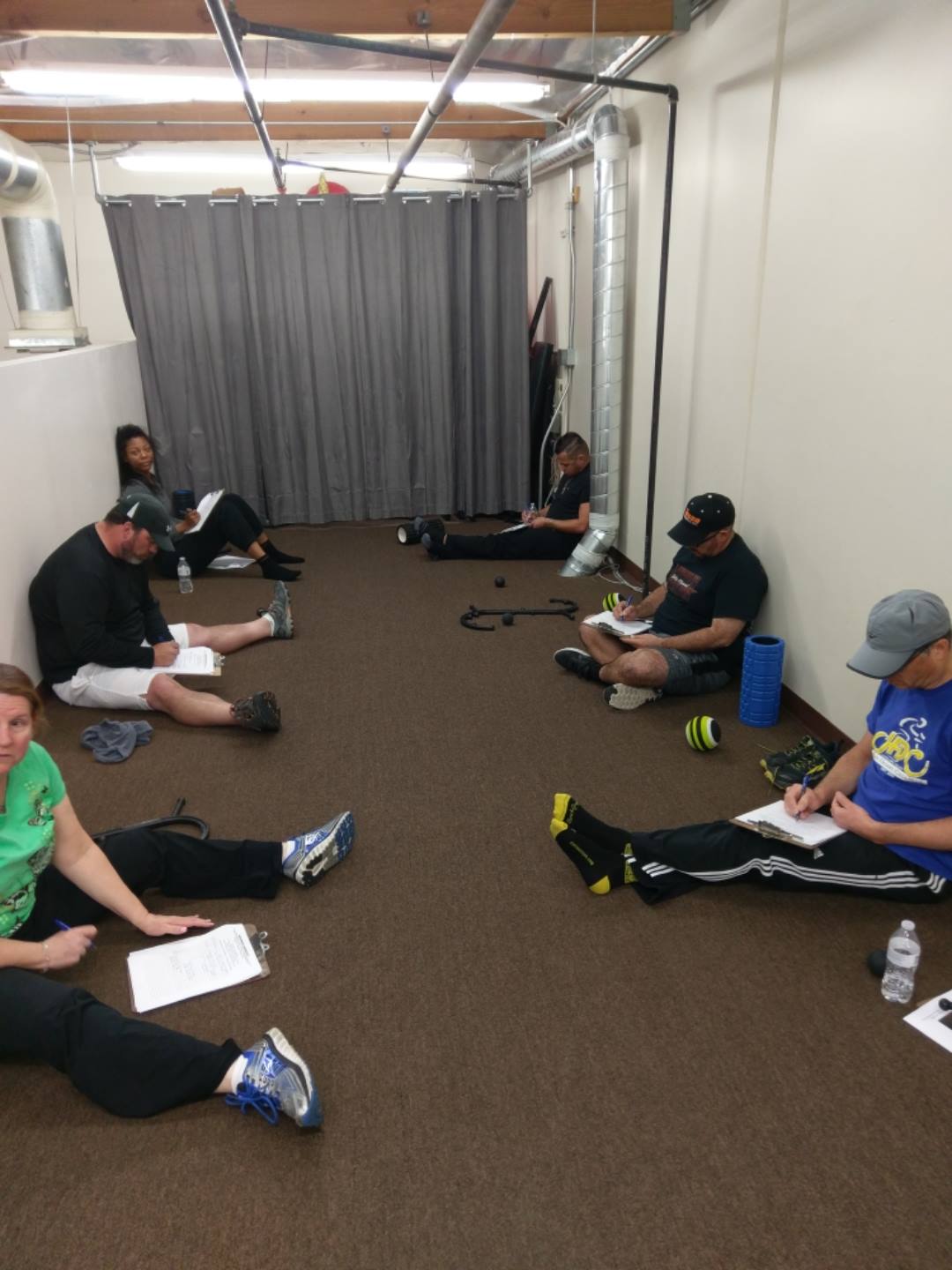
"Muscles remain under some degree of tension when afflicted by TRIGGER POINTS. This tightness in muscles can cause compression of nerves that pass through the muscles or near them. Nerve compression typically results in abnormal sensations, such as numbness, tingling, burning, hypersensitivity, or an electric kind of pain the areas served by the nerve. For example, taut bands in the scalene muscles in the neck can also be the source of numbness, tingling, and burning sensations in the forearm, hand and fingers".
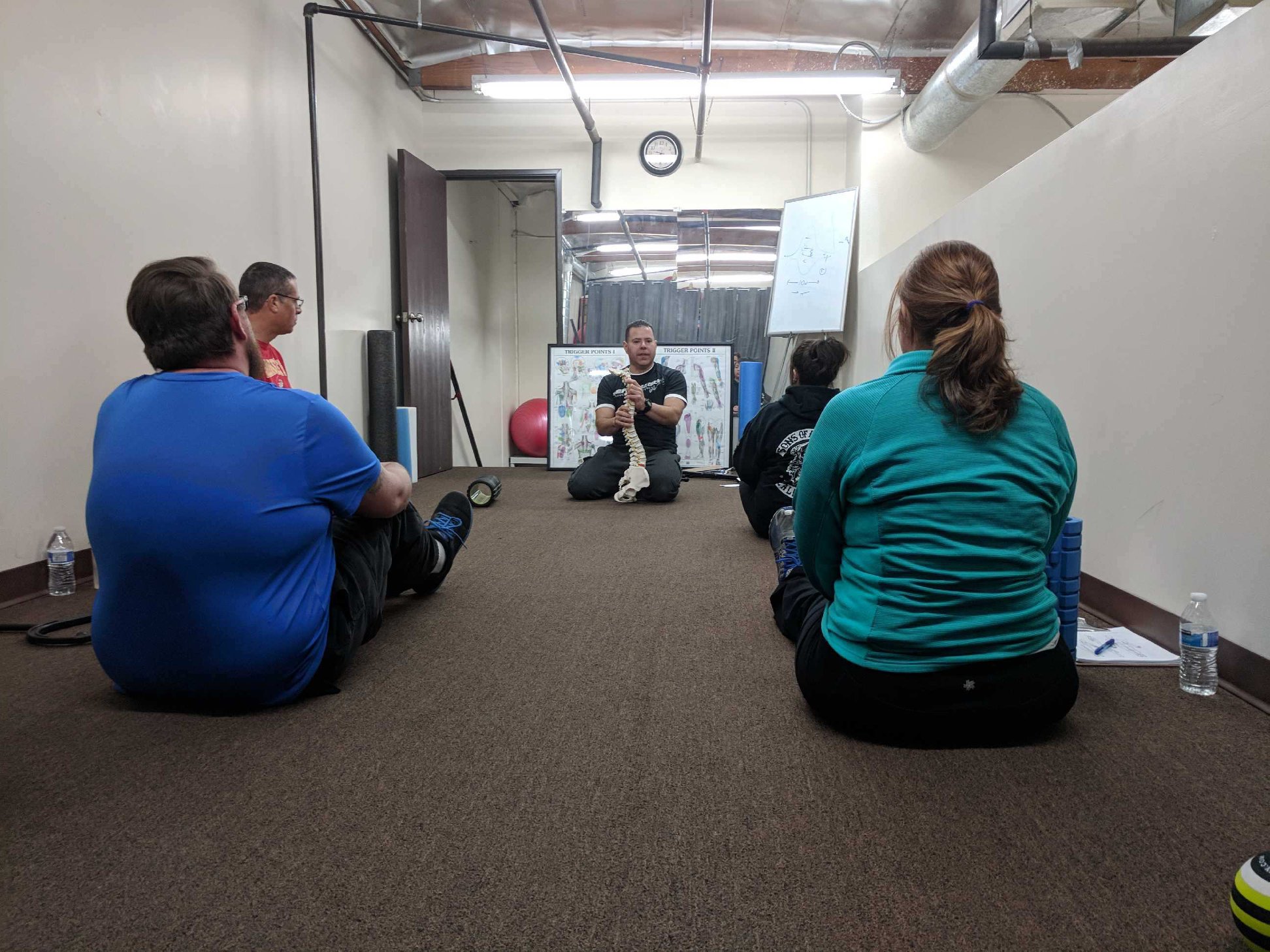
"Muscles that stay chronically shortened because of trigger points can be the source of poor posture. Tight pectoral muscles are responsible for keeping the shoulders rolled forward and for sponsoring the humped upper back associated with a habitual stoop. Long established habits of posture can't be corrected by self discipline alone. Permanent postural change can be accomplished with the assistance of trigger point massage, stretching, and then targeted exercise to strengthen the opposing overstretched muscles".
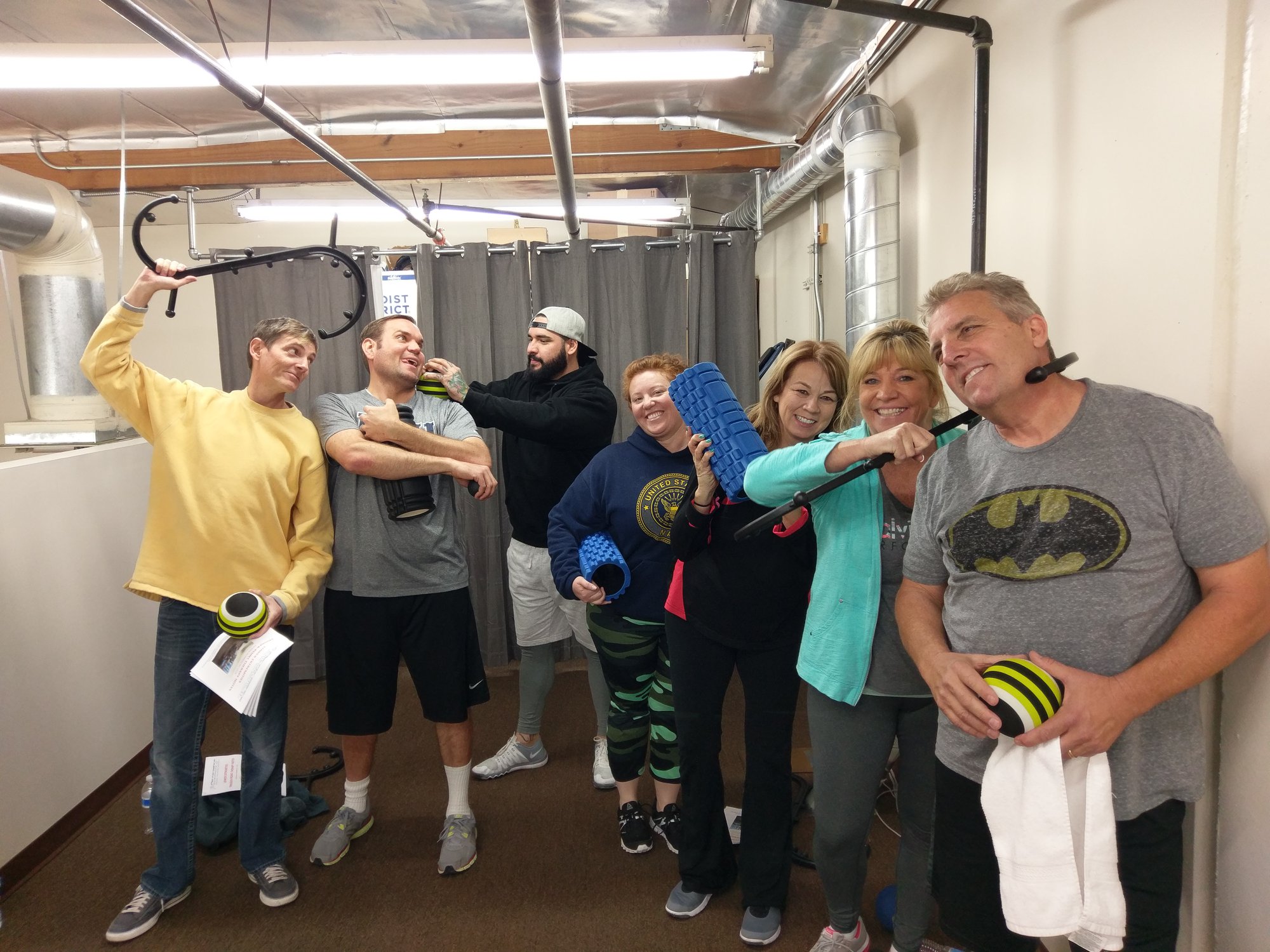
"Trigger points also make it hard for the muscles to recover after exertion. Muscle afflicted with trigger points never really get a chance to rest, which causes them to tire unnecessarily. Athletes may see the effects of delayed recovery, delayed relaxation, and decreased endurance sooner than people who are less active. After trigger point therapy, you may find you can throw a baseball faster, bench press more weight, carry the baby longer, and have more ability to do daily tasks".
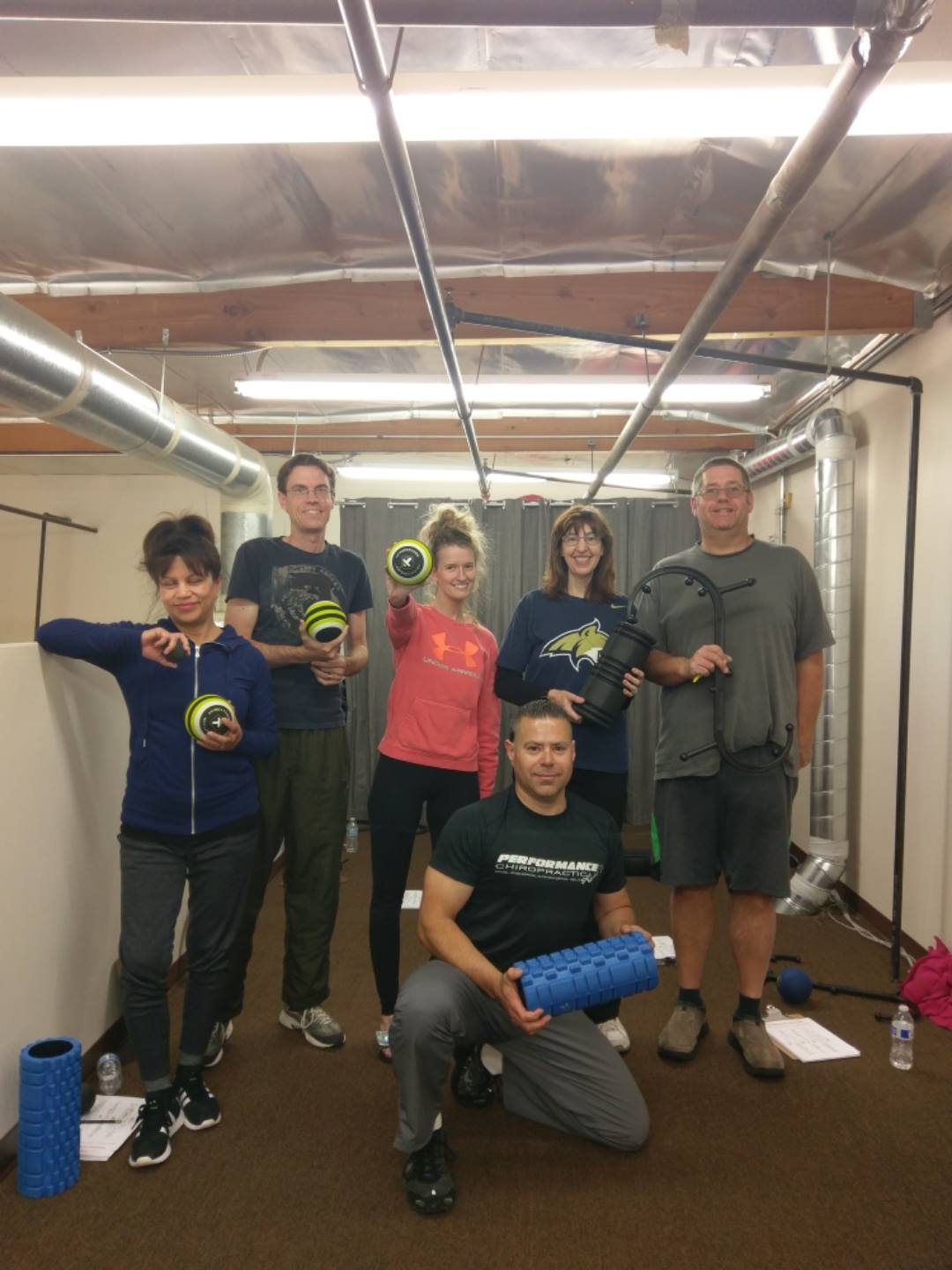
"Fascia doesn't play a small role in your body. It plays a HUGE role, and that's why it deserves the respect it's now starting to receive. Thousands of doctors and therapists around the world are now targeting the fascia in order to relieve people's pain, enhance their performance, and improve their lives".
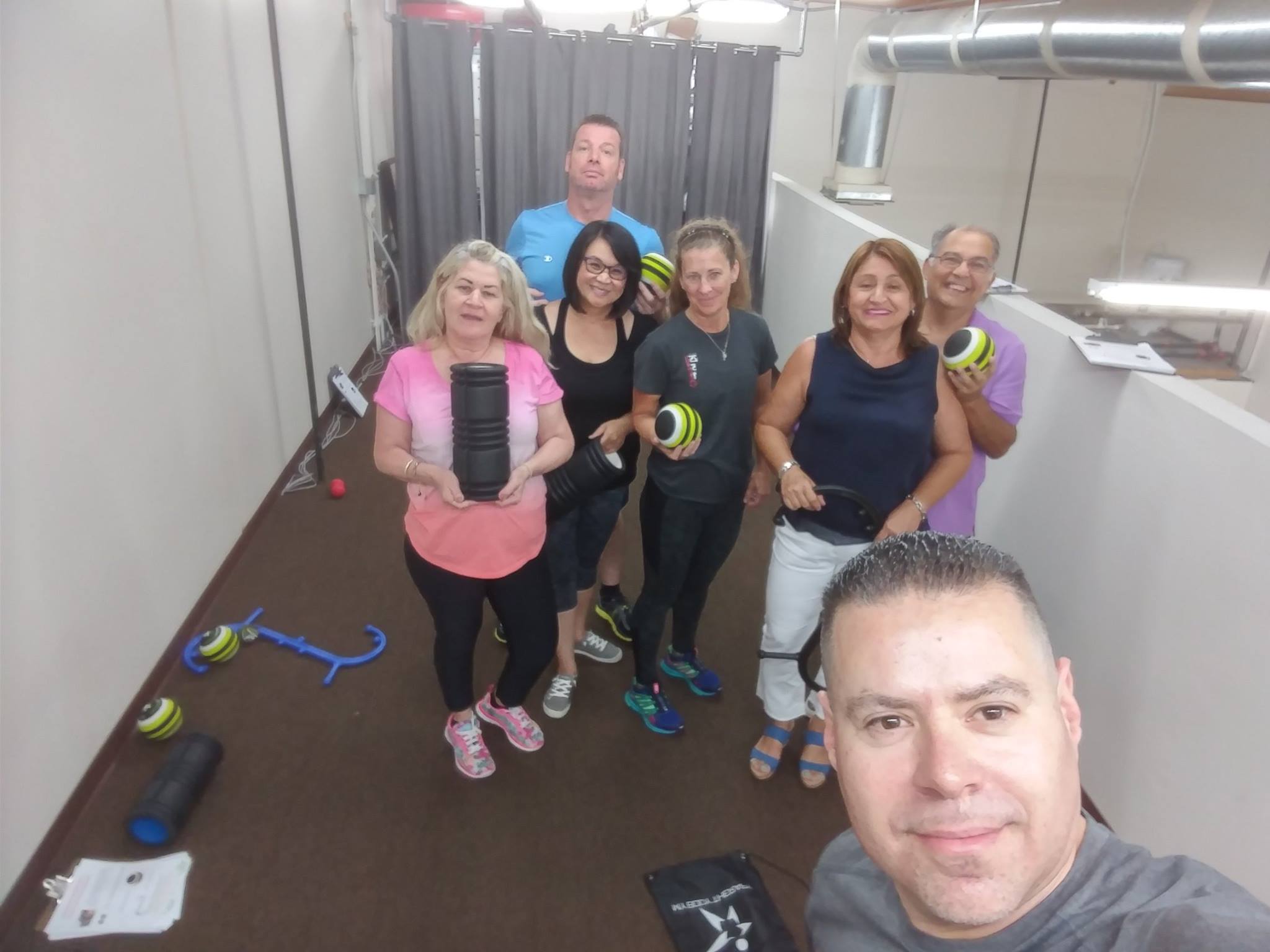
"Symptoms from trigger points in chest and abdominal muscles may be subject to more misdiagnosis and misdirected treatment that those in any other part of the body. This is especially regrettable because solutions are so simple when trigger points are to blame. Trigger point therapy is the appropriate treatment for many kinds of symptoms in the chest, back, side, stomach, shoulder, arm, and hand that originate in chest and abdominal muscles".
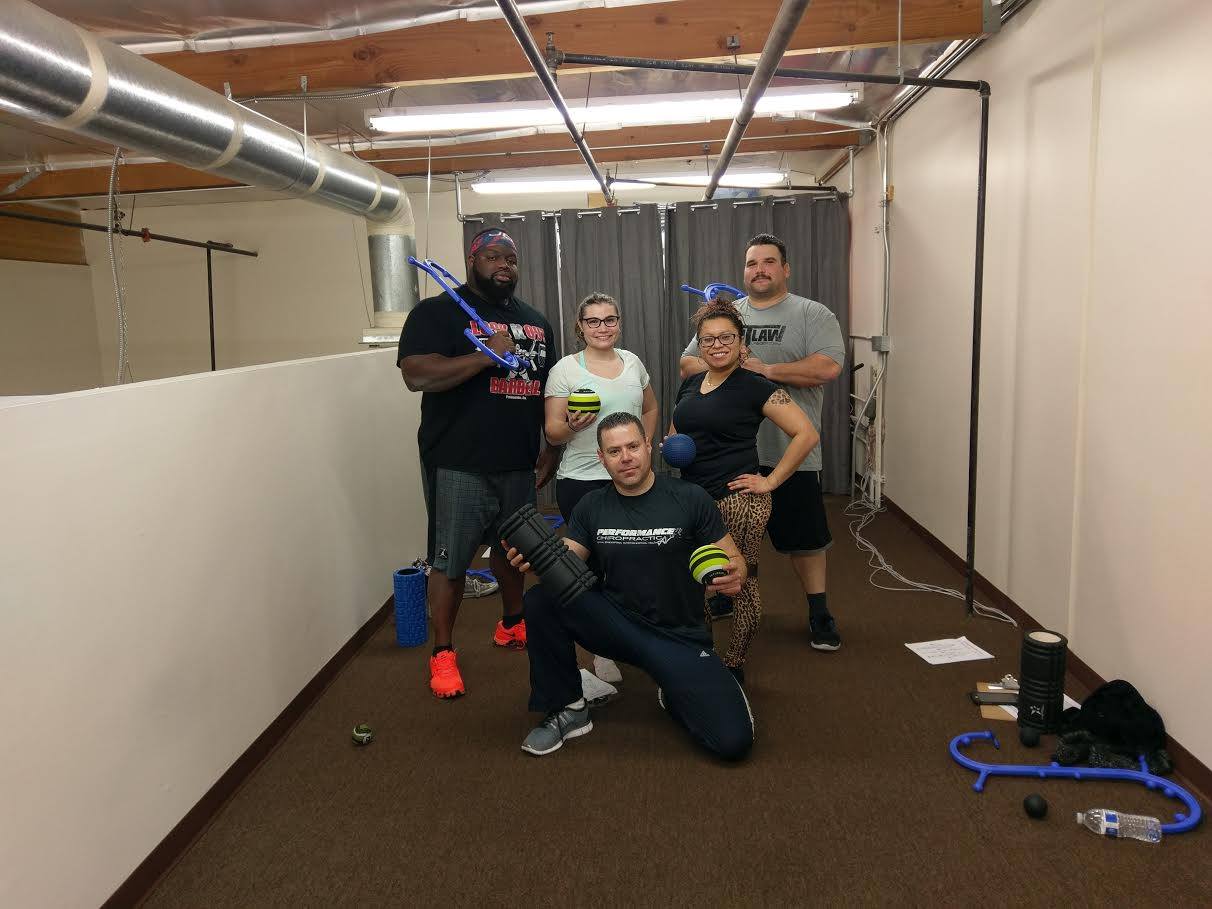
"TRIGGER POINTS can be responsible for a number of additional physical symptoms that you wouldn't think they can cause. These symptoms are very different from one another and have little to do with pain, so you may find it hard to believe they're caused by trigger points. Trigger points in neck muscles can bring about dizziness, poor sense of balance a chronic cough, sinus congestion, and chronic sinus drainage. Ear stuffiness and a kind of fluttering sensation in the ear can come from trigger points in the pterygoid muscles of the jaw. Another trigger point nearby in the masseter can cause the exasperating deep ear itch that nothing seems to reach it. Amazingly, there's a trigger point in the pectoralis major can cause an irregular heartbeat. Trigger points in the infraspinatus can even cause excessive sweating in the hands".
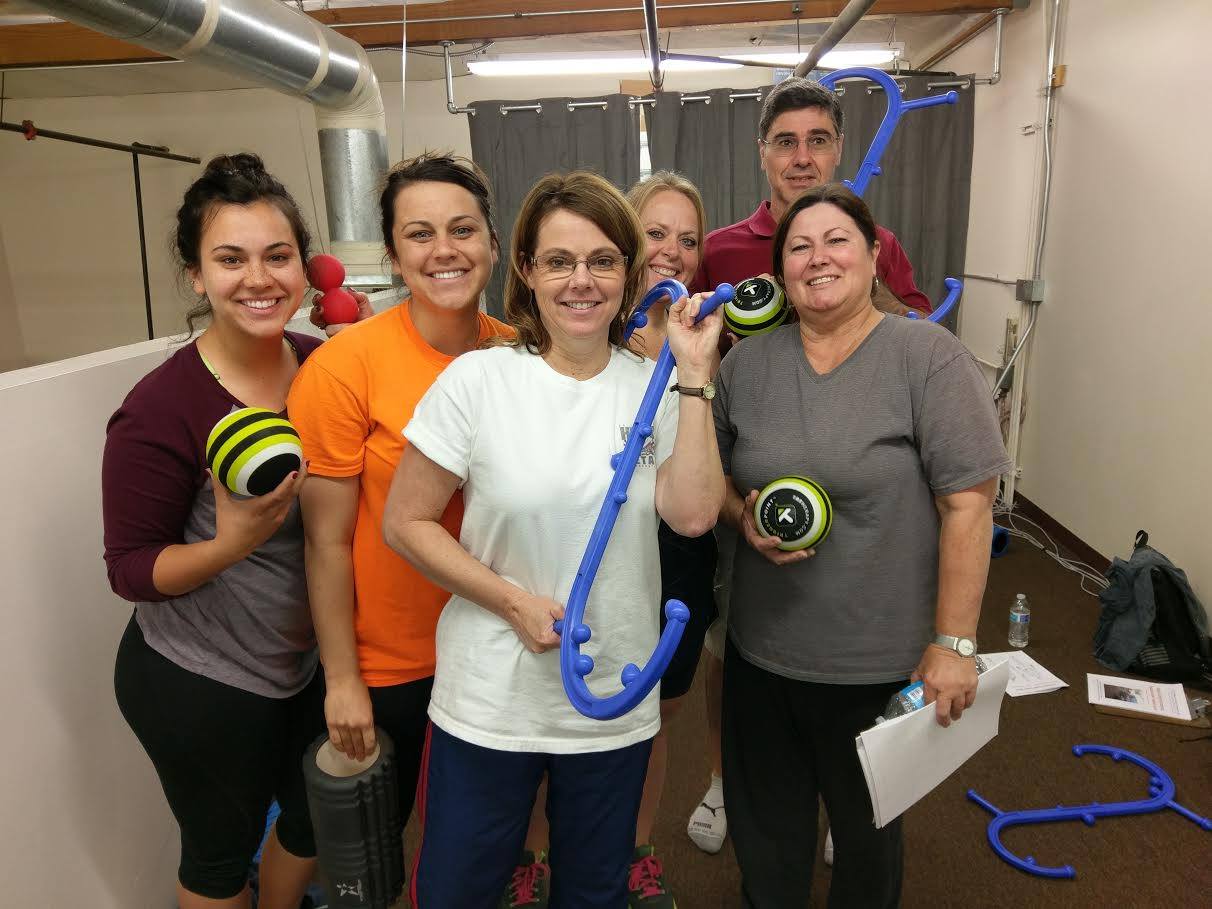
"Familiarity with common trigger point referred pain patterns is critical in clinical practice, and a lack of awareness may lead to an incorrect diagnosis, a less than optimal treatment approach, unnecessary surgery, immobilization, bedrest, and medicalization".
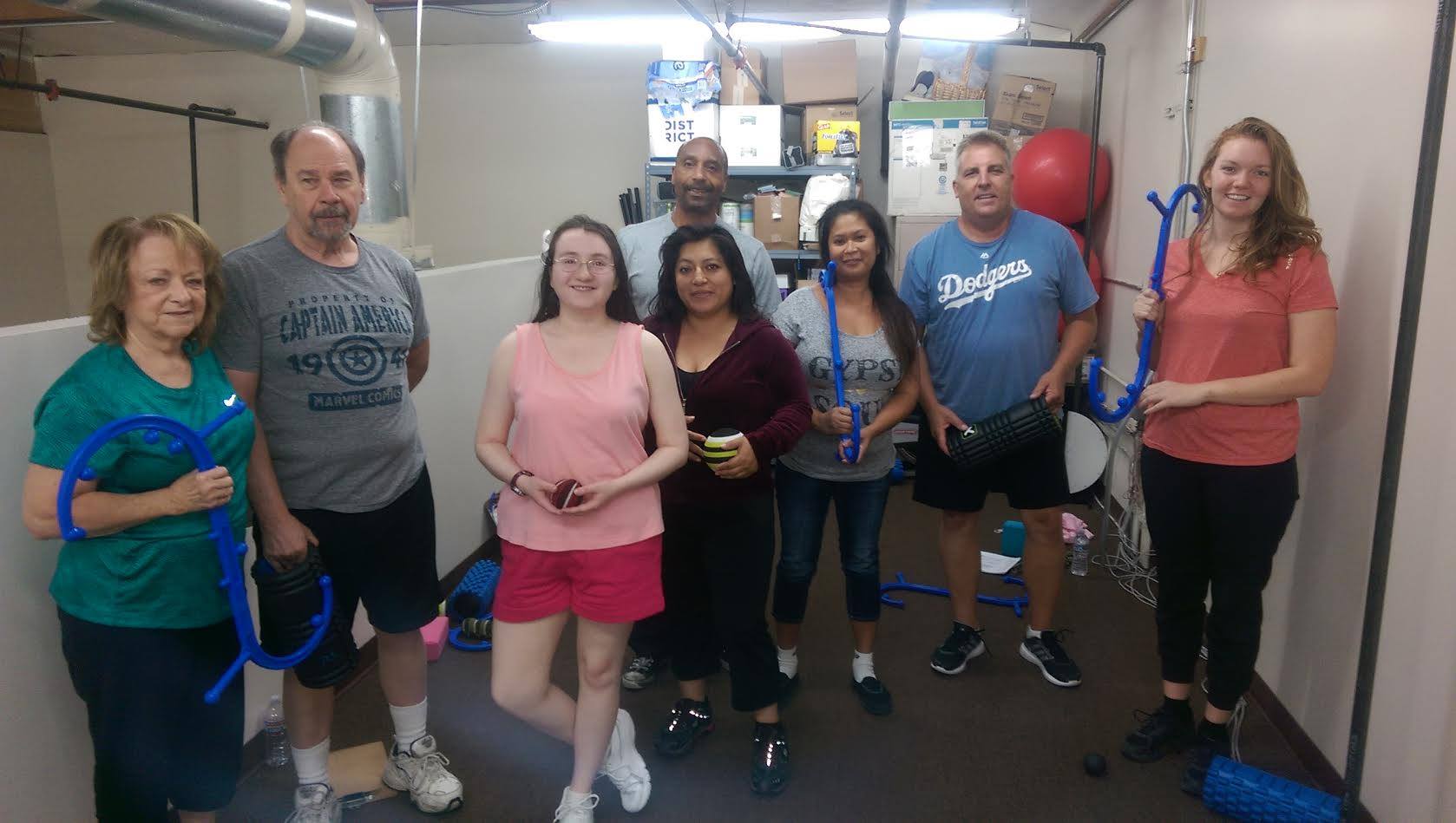
"Individuals with trigger points in the gluteus minimus muscle may report excruciating pain in the hip and lower extremity down to the ankle".
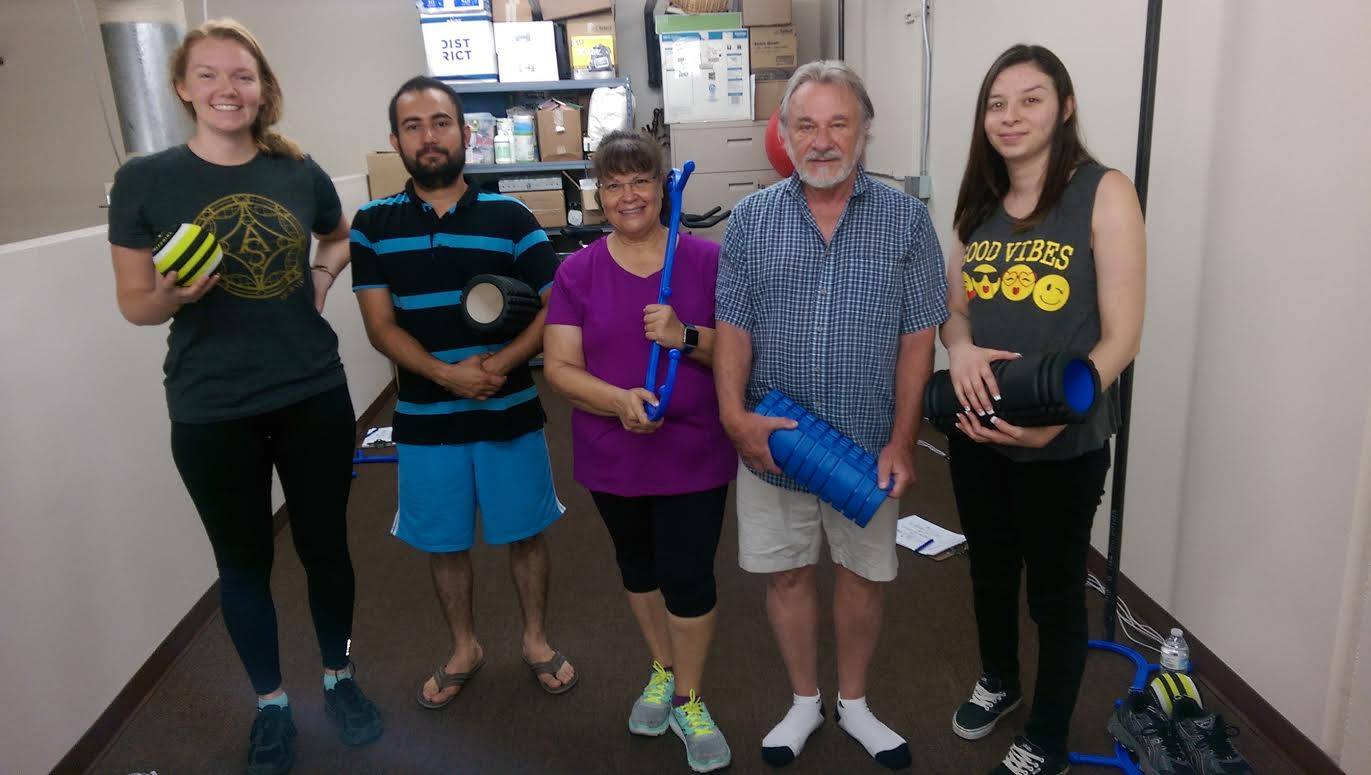
"Patients with trigger points in the levator scapulae muscles are unable to turn the head fully to the same side because of pain on contraction and not fully to the opposite side because of painful increase in tension".
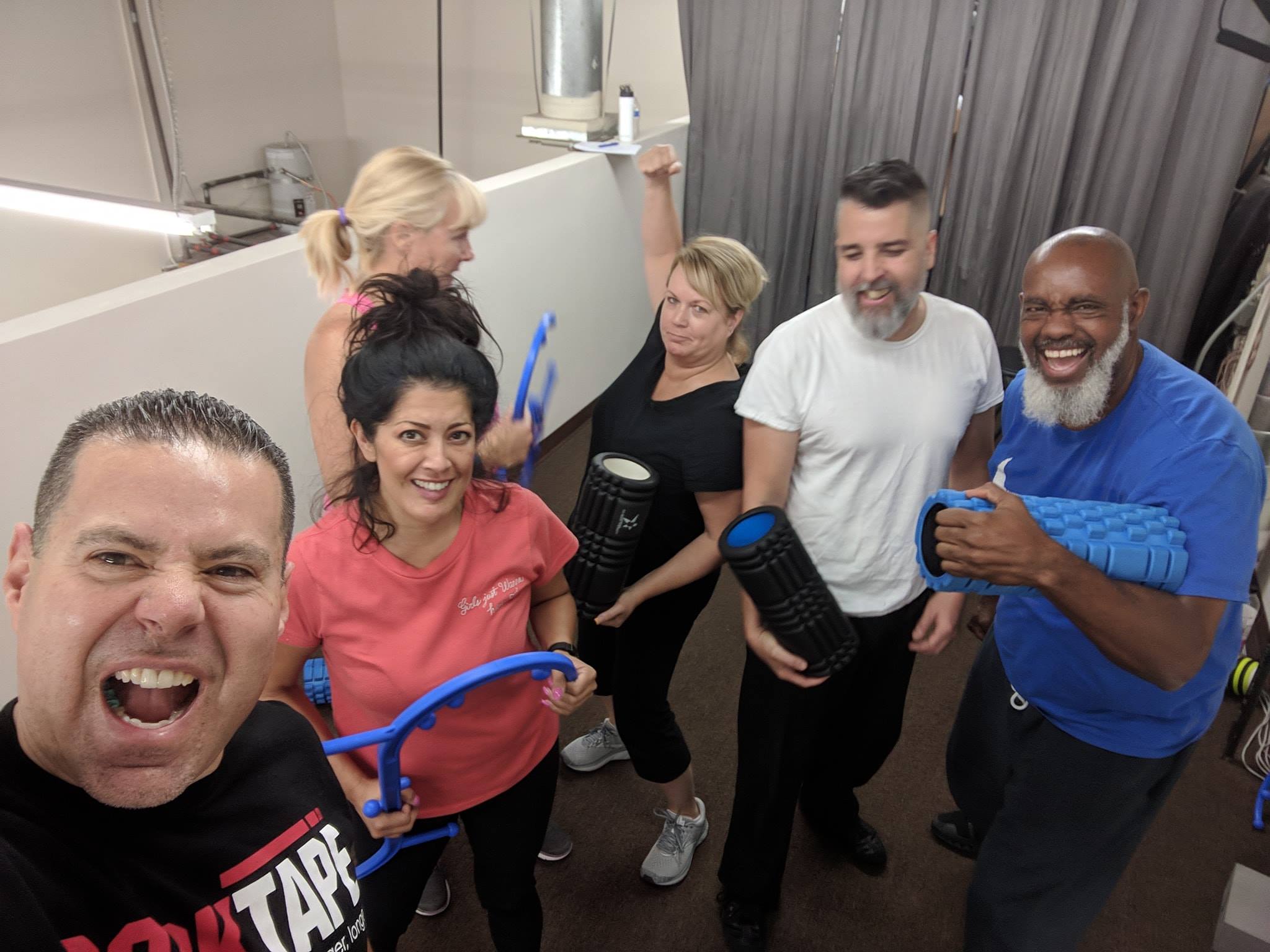
"Trigger points in the scalenes, brachialis, forearms, and hand can mimic all of the symptoms of carpal tunnel".
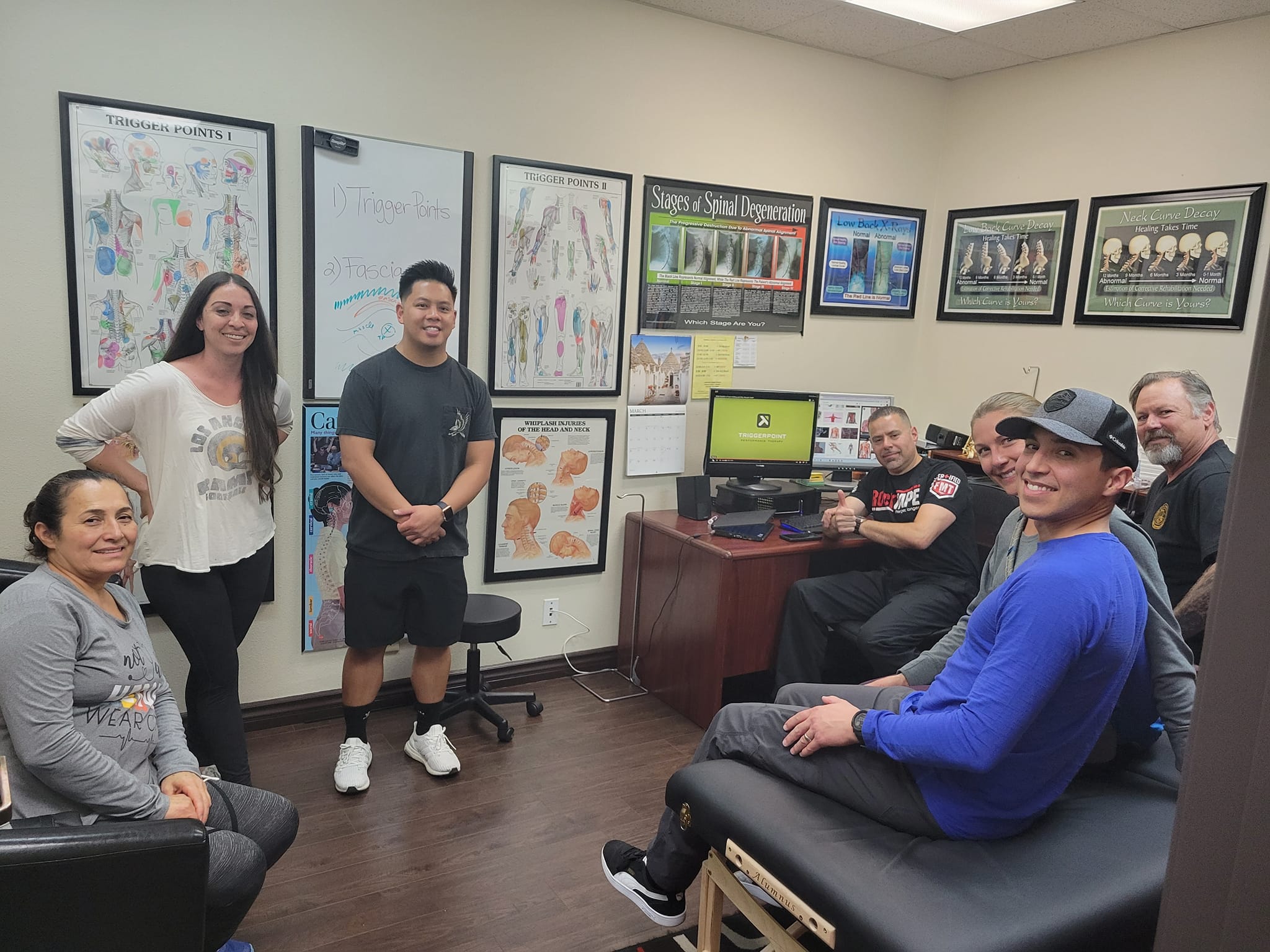
"One of the most life-changing results of fascia therapy, of course, is pain relief. In fact, the medical literature is filled with case studies of therapy relieving pain stemming from back problems, knee surgery, hip injuries, temporomandibular joint disorder, migraines, or carpal tunnel syndrome, to name just a sampling. More and more doctors are discovering that simple, non-invasive fascial therapies can free pain sufferers from the need for dangerous opioid painkillers or invasive surgeries".
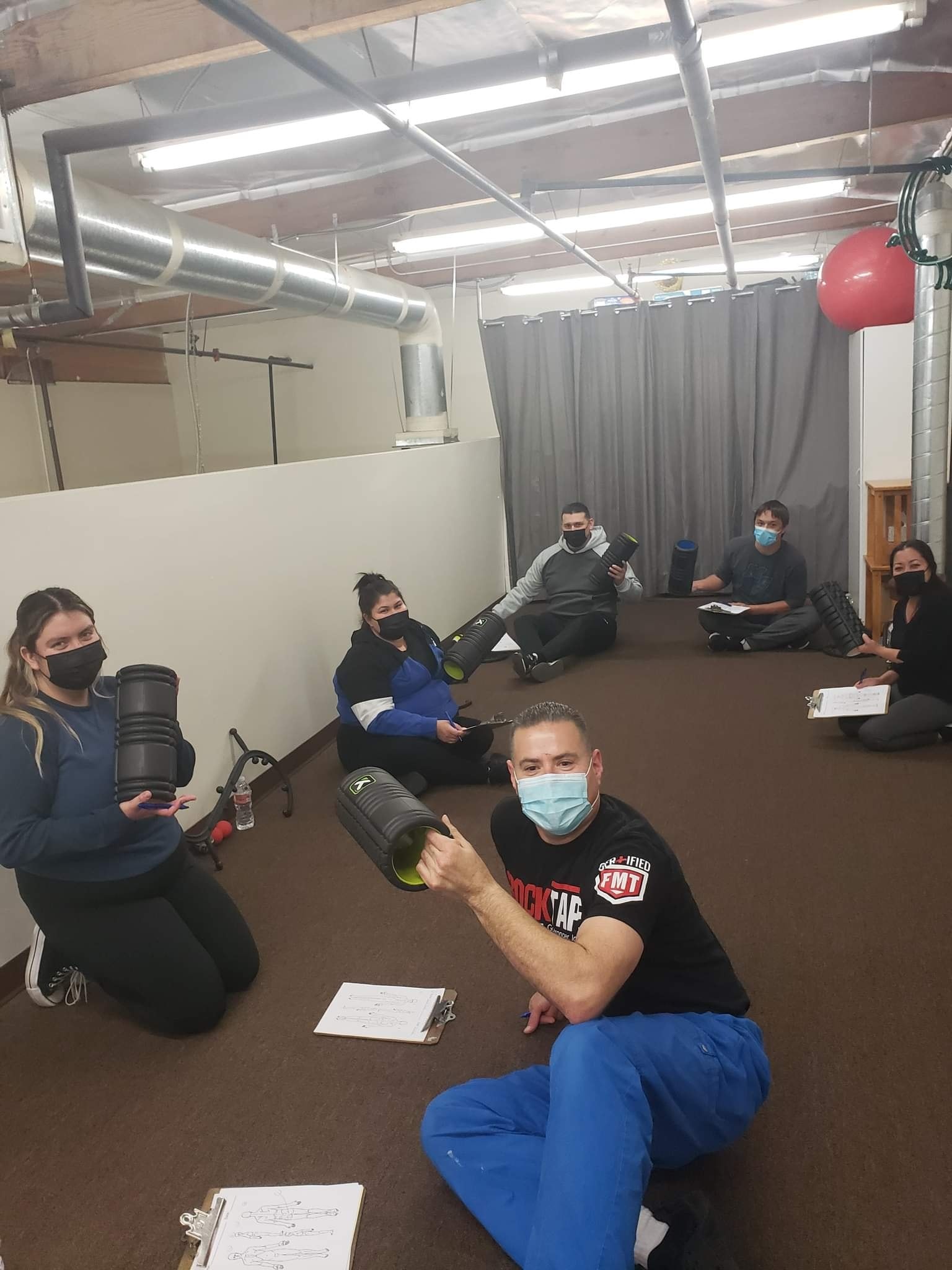
"Myofascial pain, unfortunately, is often overlooked as a potential contributing or causative factor to other pain problems. Trigger points commonly constitute a primary dysfunction, and they may occur in the absence of any underlying medical condition or tissue damage. As such, trigger points can function as sources of persistent peripheral pain independent of tissue damage".

"The best way to learn the location and sensation of each trigger point is to find it on your own body. When you have mastered self-treatment of trigger points, you will have gained a fundamental understand about them that you can't get any other way. Most people have latent (dormant) trigger points. You even may be living with old injuries or chronic pain that you've given up on finding a solution for. Try finding all the trigger points that could be contributing to the problem. You may be in for a surprise when those old pains disappear".
